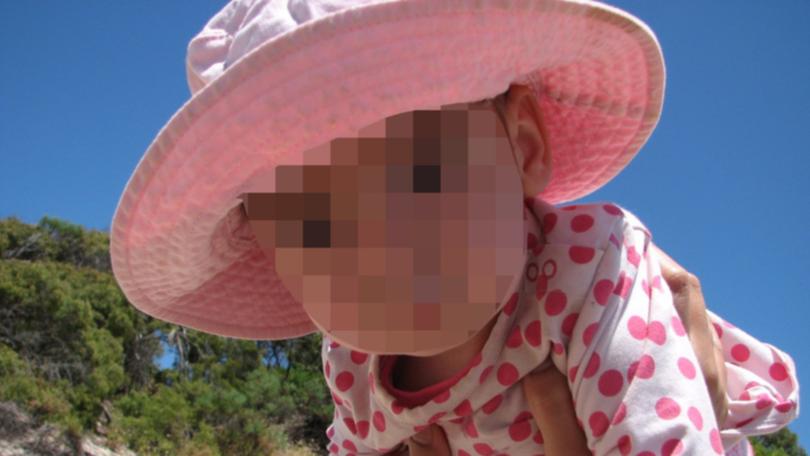Mum overdosed disabled daughter with insulin injection because she couldn’t cope anymore, court told
The reason a mother of a disabled girl convinced her doctor to prescribe a lethal dose of insulin— which she then injected into her daughter has been revealed in court.

The mother of a severely disabled little girl convinced her family doctor to provide her with a potentially lethal dose of insulin — which she then injected into her daughter because she could not cope with caring for her anymore.
This is the allegation — an accusation of attempted murder — prosecutors will attempt to prove during the trial of the 42-year-old woman, which began in WA’s Supreme Court on Monday.
The woman cannot be named after the courts restricted her identity to protect the privacy of her daughter, who was born in 2014.
Sign up to The Nightly's newsletters.
Get the first look at the digital newspaper, curated daily stories and breaking headlines delivered to your inbox.
By continuing you agree to our Terms and Privacy Policy.She was born with a rare and acute condition in which her immune system attacks her body’s own cells.
Prosecutor Ben Stanwix told a jury that much of the damage happens in the first six months of life.
It meant this now had severe cerebral palsy, could not walk, talk or eat properly and was unlikely to live into adulthood.
Her mother became her full-time carer, which continued until late 2021 but which Mr Stanwix said was at times “sub-optimal”.
Much of the medical treatment was provided by the family doctor Pieter Austin, whose practice was based in the Great Southern, near where the family lived.
As well as providing medical advice, he also became a “shoulder to cry on” for the child’s mother.
At the end of 2021, the mother is alleged to have told him that her daughter “was deteriorating … and nearing the end of her life”
Mr Stanwix said that was not true and “instead (her mother) had reached the end of her ability to care”.
“The accused decided to euthanise her (daughter),” he said.
“This was simply a very sad situation where she had had enough and decided the best thing to do was to kill her.
“You may have feel sympathy for her — or uncomfortable in passing judgment on her.
“But when you calmly and rationally assess the evidence against her, it will show beyond reasonable doubt that she intended to murder her daughter.”
Dr Austin is set to be a key witness in the trial.
The jury was told that he had pleaded guilty to attempted murder and had been sentenced.
In December 2021, it will be alleged that the mother asked Dr Austin what she might be able to give her daughter to end her life.
His answer was insulin, which he prescribed — but she then had second thoughts and threw the drug away.
In January 2022, she returned to his surgery with a further, similar request. The court was told that the doctor again prescribed insulin.
This time, on January 19, the woman is alleged to have injected the drug into her helpless child while her partner and three other children were at the beach.
It will be alleged that the injection caused insulin levels more than 40 times what would be expected.
But those potentially lethal levels were only discovered hours later — after the child had been taken to Denmark Hospital, then Albany Hospital and finally Perth Children’s Hospital.
At no point did her mother mention the “insulin that was gradually killing her daughter”.
“This was a life-threatening medical emergency and she knew it,” Mr Stanwix said.
After insulin levels were discovered following tests — and experts realised they had come from outside the girl’s body — police interviewed the mother.
She initially denied any knowledge. But when she was confronted with the insulin being administered, she admitted she had done it.
She denies attempted murder.
Defence barrister Anthony Eyers is due to give his opening submission to the jury later on Monday.
